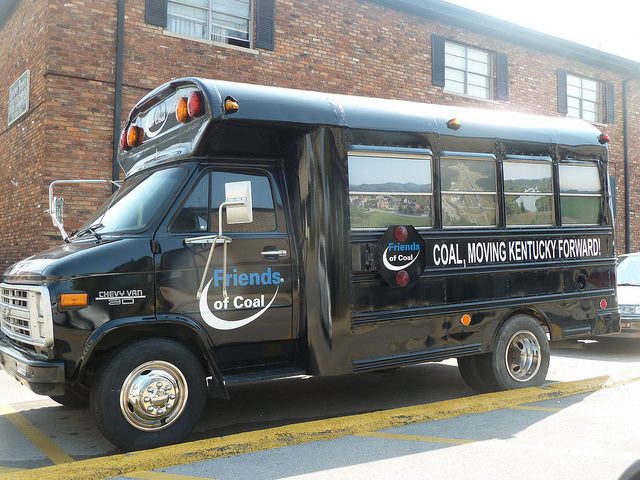
Kevin Mooney of the Daily Signal wrote an article detailing the massive financial burden the Export-Import Bank places on American taxpayers. He spoke with Americans for Tax Reform federal affairs manager Chris Prandoni.
Data compiled by the Western Energy Alliance shows federal leasing for oil and gas exploration on land has dried up as well. The end result of the Obama administration’s energy policies at home and abroad is a “lose-lose” for taxpayers, Chris Prandoni, director of energy and environment policy at Americans for Tax Reform, told The Daily Signal. Prandoni says:
“While President Obama’s EPA was writing regulations that forced 300 American coal-fired power plants to close down, his Export-Import Bank conceded the importance of coal by financing overseas coal development. This lose-lose for the American taxpayer is particularly painful: Our electricity rates will increase as we pay countries to burn what we no longer can.
The Pittsburgh Post-Gazette ran an op-ed written by Americans for Tax Reform president Grover Norquist and director of state affairs Patrick Gleason regarding the conservative fight against excessive shared economy regulation.
Now, despite the Democrats’ urban dominance, cities may soon be up for grabs. That’s because the party’s refusal in most cases to embrace the innovative technology and disruptive businesses that have greatly improved city life presents a challenge to Democrats- and an opportunity for Republicans.
Democrats face a tough choice. A big part of their base is the unions now facing off against such disruptive innovations as Uber, Lyft, Airbnb and charter schools. Do Democrats support the regulations pushed by taxi and other unions that help to protect the status quo but can also stifle competition? Or do they embrace innovative technologies and businesses that expand transportation options, create jobs and are increasingly welcomed by another key Democratic constituency: urban dwellers, particularly young urban dwellers?
Americans for Tax Reform international programs manager Lorenzo Montanari wrote an op-ed for Breitbart highlighting how new cigarette packaging regulations have failed in Australia and should be prevented in Ireland and the United Kingdom.
The stated purpose of plain packaging is that once you take away tobacco companies’ branding, people will be less inclined to buy their products. The results thus far appear to be the opposite. More than a year after Australia enacted the policy, studies by London Economics and renowned professors at the Universities of Zurich and Saarland (Switzerland and Germany) concluded it’s not deterring adults nor adolescents from smoking.
In fact, according to the tobacco industry’s sales volume data, cigarette sales increased by 59 million sticks in Australia during the first year of plain packaging, offsetting a four year downward trend. The Australasian Association of Convenience Stores even reports that its members’ sales grew by 5.4 percent.
Jason Pye of United Liberty interviewed Americans for Tax Reform president Grover Norquist, who described free market reform opportunities at the state level:
“We’re opportunistic right now. Nothing is moving at the federal-level because you have gridlock between a Democratic president and a Republican House, and neither is going to let the other team do anything either useful or evil,” said Norquist. “But in the 50 states, there are 24 states with united Republican control, so there’s the opportunity there to do pension reform, tax cuts, [and] concealed carry. In the 13 blue states, there they’re raising taxes rather than fix the pension system.”
Bob Adelmann of the New American detailed the success of Kansas Gov. Sam Brownback’s tax cuts.
A close look at what is happening in the Kansas City metro area is revealing: From May 2011 through May 2011 (June numbers from the Bureau of Labor Statistics won’t be published until July 18), almost three-fourths of job growth took place in Kansas City, Kansas. What’s even more impressive, however, is that Kansas City, Kansas has one-fourth the population of Kansas City, Missouri: 145,000 compared to 476,000. As Will Upton modestly concluded in his blog at Americans for Tax Reform, “It is arguable that the 2012 spike [in employment on the Kansas side of town] was caused by businesses anticipating a better tax climate in Kansas after the 2012 tax cuts.”

